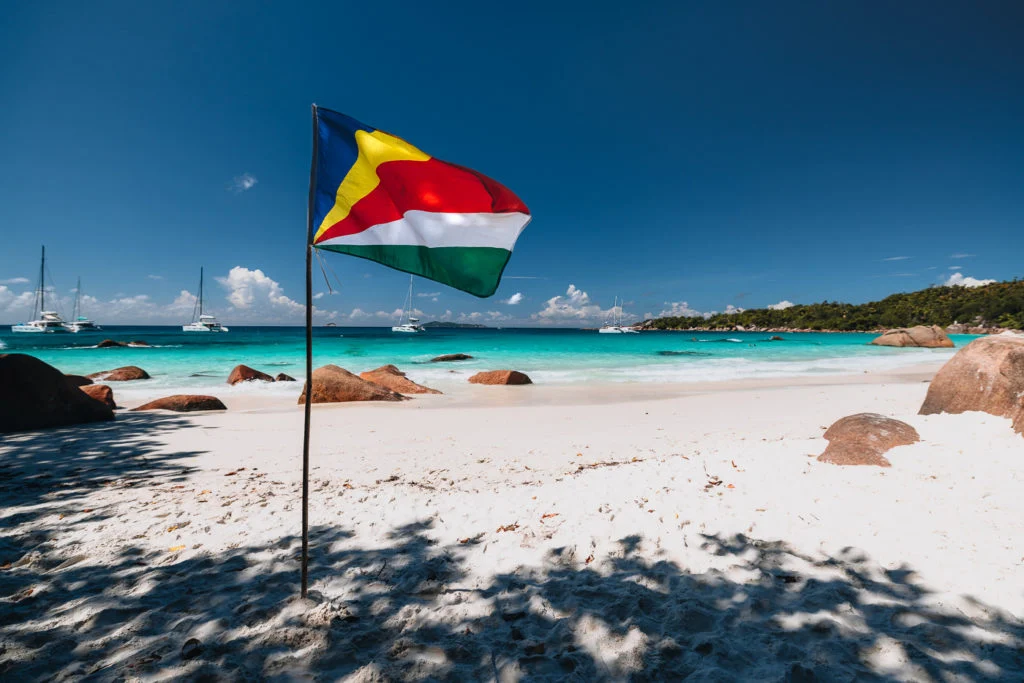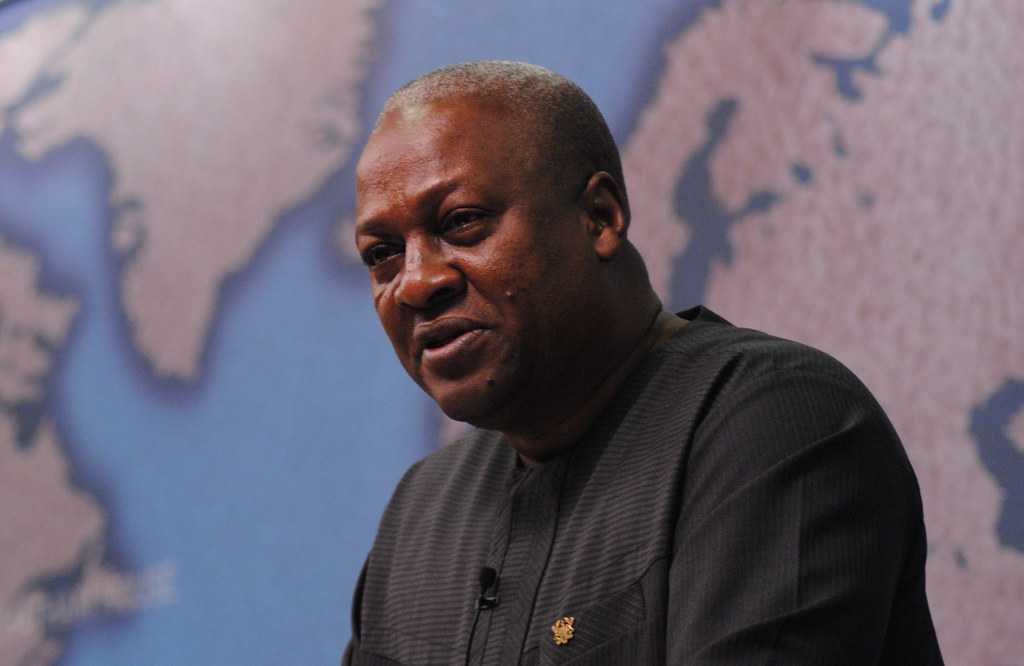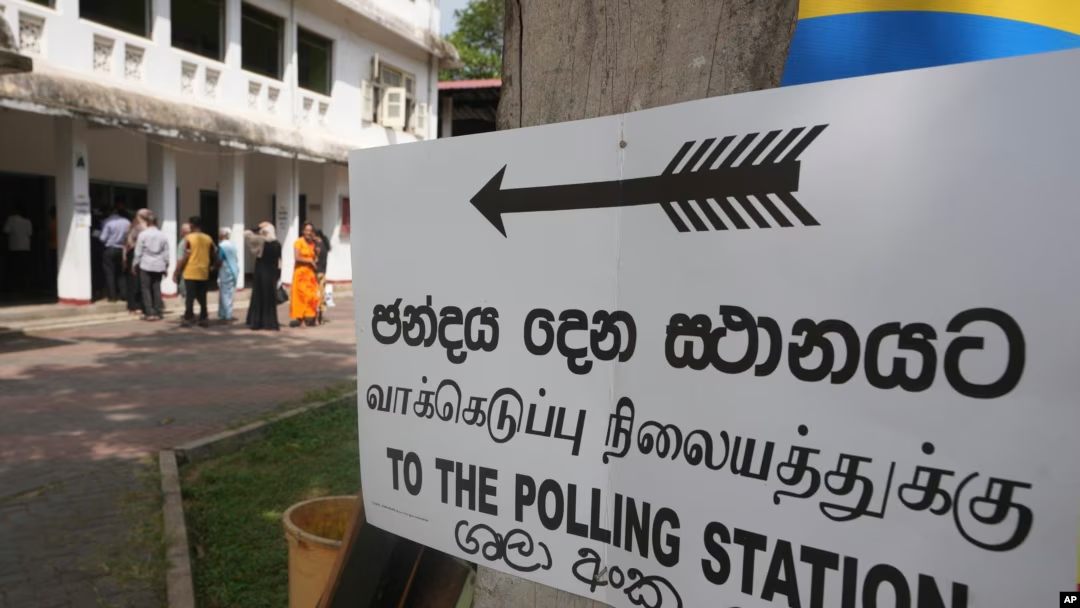Anwar Ibrahim came to power promising reform and multiracial governance—but two years on, critics say he is consolidating personal power instead. As internal party elections heat up and support from key voter blocs falters, his leadership faces its most consequential mid-term reckoning.
Malaysian leader Anwar Ibrahim has flown the reform flag from the beginning of his political life as a student activist, save for the interregnum when he was a big wig in the ruling party, the United Malays National Organisation (UMNO). Founder of the reformasi movement in 1998 that inspired a generation of Malaysians, he returned to government after the 2022 General Election, as prime minister at last. But he has since disappointed those who had hoped for a vigorous implementation of political reforms, chiefly, to eradicate corruption, democratise the political system, and adopt a more meritocratic and multiracial approach to governance.
Instead, Anwar is seen as using the vast executive powers of his office to boost his personal standing and control over the political arena. He has thus far succeeded in cultivating allies and nettling his rivals, boasting a two-thirds majority in parliament, but in doing so has risked his coalition’s re-election chances.
The next General Election has to be held by early 2028 at the latest, and he has made no secret of his hope for a second term. Polls suggest that he has made minimal progress with the coveted Malay ground, while neglecting the reformist multi-racial platform of his own party (Parti Keadilan Rakyat, PKR) and coalition (Pakatan Harapan).
Economic indicators
Anwar completed his second year in office on strong footing economically. Delivering political stability, and committing to fiscal reforms, he boosted international investor confidence and domestic conditions for the economy to grow by 5.1 percent in 2024. Approved investments reached a historic high. Malaysia’s stock market and currency (the ringgit) were top performers in Asia.
Now at the midpoint of Anwar’s five-year term, growth has slowed with global trade disruptions and an anticipated US 24 percent tariff on Malaysian exports in early July. The economy grew 4.4 percent in 2025Q1, down from the revised 4.9 percent of the last quarter, and growth forecasts for 2025 have been revised downwards. While ruling out a recession, Anwar has postponed tax expansion. Fuel subsidy cuts are still scheduled for later this year but may also be delayed.
Buoyant economic sentiment would be a critical, if insufficient, condition for Anwar’s re-election. Economic management is seen as the province of the elite civil service and technocrats, such that voters might believe it would continue even if the opposition took over. Economic considerations may also be trumped by ethnic identity.
Voter sentiment
Merdeka Center’s 2024 annual survey found that Malay sentiment towards the unity government had improved but remained negative, with 36 percent of Malays feeling that the country was heading in the right direction, compared to 55 percent who thought otherwise. It also found that Anwar’s approval rating had risen slightly to 54 percent. Meanwhile, 53 percent of respondents felt the country was heading in the wrong direction, a slight decrease from 54 percent previously.
Last week, Economic Minister and PKR Deputy President Rafizi Ramli revealed that internal polling had found that PKR and Pakatan Harapan were not in a strong position to win the next general election. He suggested that the government’s economic management had contributed to improvements in public sentiment but this was undermined by dissatisfaction over the government’s fight against graft. Notably, the opposition Malaysian Islamic Party, PAS, enjoyed more trust on this than Pakatan Harapan.
This can be attributed to the perceived selective prosecution of politicians—kid gloves for Anwar’s allies in UMNO and the East Malaysian state of Sabah versus investigations against political opponents. These investigations are fronted by the Malaysian Anti-Corruption Commission (MACC) Chief, Azam Baki, who had earlier been criticised by then opposition PKR for his alleged violation of conflict of interest rules. Azam’s appointment has been repeatedly extended by Anwar.
Despite Anwar’s expressed commitment to Malay-Muslim privileges, Malay support for Pakatan Harapan has grown slowly to only 27 percent according to Rafizi. Non-Malay support has softened. To maintain PKR’s seat holdings at 30-40 seats in parliament (out of 222), Rafizi estimates that PKR needs at least 35 percent Malay support. Chinese voters are less likely to vote for the predominantly Malay-Muslim right-wing opposition, but some might sit out the election. Rafizi also highlighted Indian voter anger with Anwar’s handling of religious and race matters. Most recently, Anwar backed the controversial relocation of a Hindu temple so that a mosque could be built in its place.
PKR Party elections
These challenges have troubled PKR members since Anwar took office. His coalition with UMNO and ruling parties in Sabah and Sarawak which he had previously opposed on grounds of corruption and poor governance, has muddied PKR’s brand. This has burst into the open as a result of a suddenly competitive party election.
Anwar’s final term as party president will end in 2028, unless the party’s constitution is amended. He could remain as prime minister while the party gets its new president, but a non-ally in that position could be problematic for him.
Anwar’s camp had earlier suggested a no-contest for the party president and deputy president positions. However, it later emerged that a fight was indeed brewing when several of Rafizi’s allies lost their bid for division leader positions in the ongoing party elections. Calls by Anwar supporters for current vice president (VP) Nurul Izzah to run for deputy president instead of VP began just days before nomination. Rafizi and his team appear to be less than prepared. Izzah’s candidacy and expected victory has been criticised as nepotism.
Rafizi’s alleged “erratic” behaviour and tense relations with Anwar have been suggested as reasons to sideline him. But this campaign also reinforces perceptions of Anwar’s approach towards erstwhile supporters and critics. Izzah’s election would strengthen Anwar’s grip over the party and free his hand to field his loyalists to run in the next election, whom he could be assured to back him for prime minister. Whether it would help PKR and Pakatan Harapan govern better and boost their brand is an open question.
Rafizi has in fact turned this into a mid-term performance review of Anwar as party president and the country’s prime minister. Complaints against “money politics” have also been sounded in the party electoral campaign, discomforting party members.
While Izzah has tried to convey her independence of thought, and is a gifted politician in Anwar’s mould, it is hard to argue against Rafizi’s assertion that they are not competing on a level playing field. Her election to deputy president will not be the last word on succession. Much depends on whether Anwar remains as PM and if Izzah is best placed to support him. Izzah would have a good opportunity to prove her own either in state leadership or in federal government. She would be compared against other aspiring young Malay leaders.
Conclusion
The PKR election has raised fundamental questions for the party, such as whether its raison d’être was indeed reform or, as derided by detractors, as a vehicle for Anwar to become PM. The PKR appears as a family business, with the presidency previously held by Anwar’s wife, Wan Azizah, and now the potential of passing the role on to Izzah in time. As the party started by former UMNO leaders, is it possible that PKR will become mired in money politics and decline like UMNO? Much will depend on its younger leaders, who were inspired by Anwar to join its reformist cause.
Anwar’s approach of cultivating former adversaries, East Malaysian ruling coalitions, and the vast Malay-Muslim establishment from the hereditary Malay rulers to the civil service has helped to keep him in power. But beyond economic development, there is a lack of a coherent agenda and position for critical matters such as race relations management and greater state autonomy. This “permanent state of negotiation for support” among political elites has contributed to a growing public cynicism towards Pakatan Harapan’s commitment to reform and good governance.
Ariel Tan is Senior Fellow and Coordinator of the Malaysia Programme at the Institute of Defence and Strategic Studies, S. Rajaratnam School of International Studies (RSIS), Nanyang Technological University (NTU) of Singapore.
This article is published under a Creative Commons License and may be republished with attribution.




